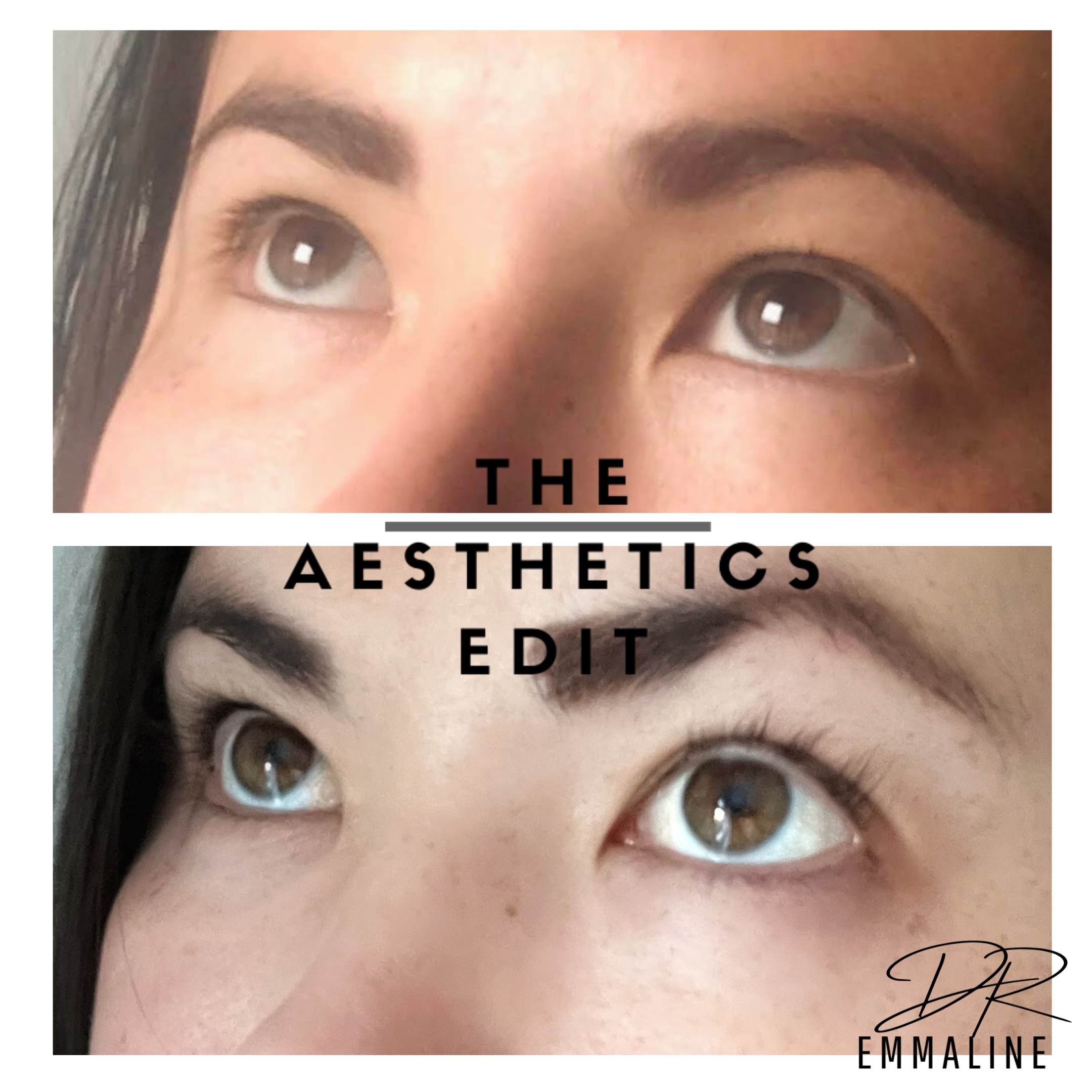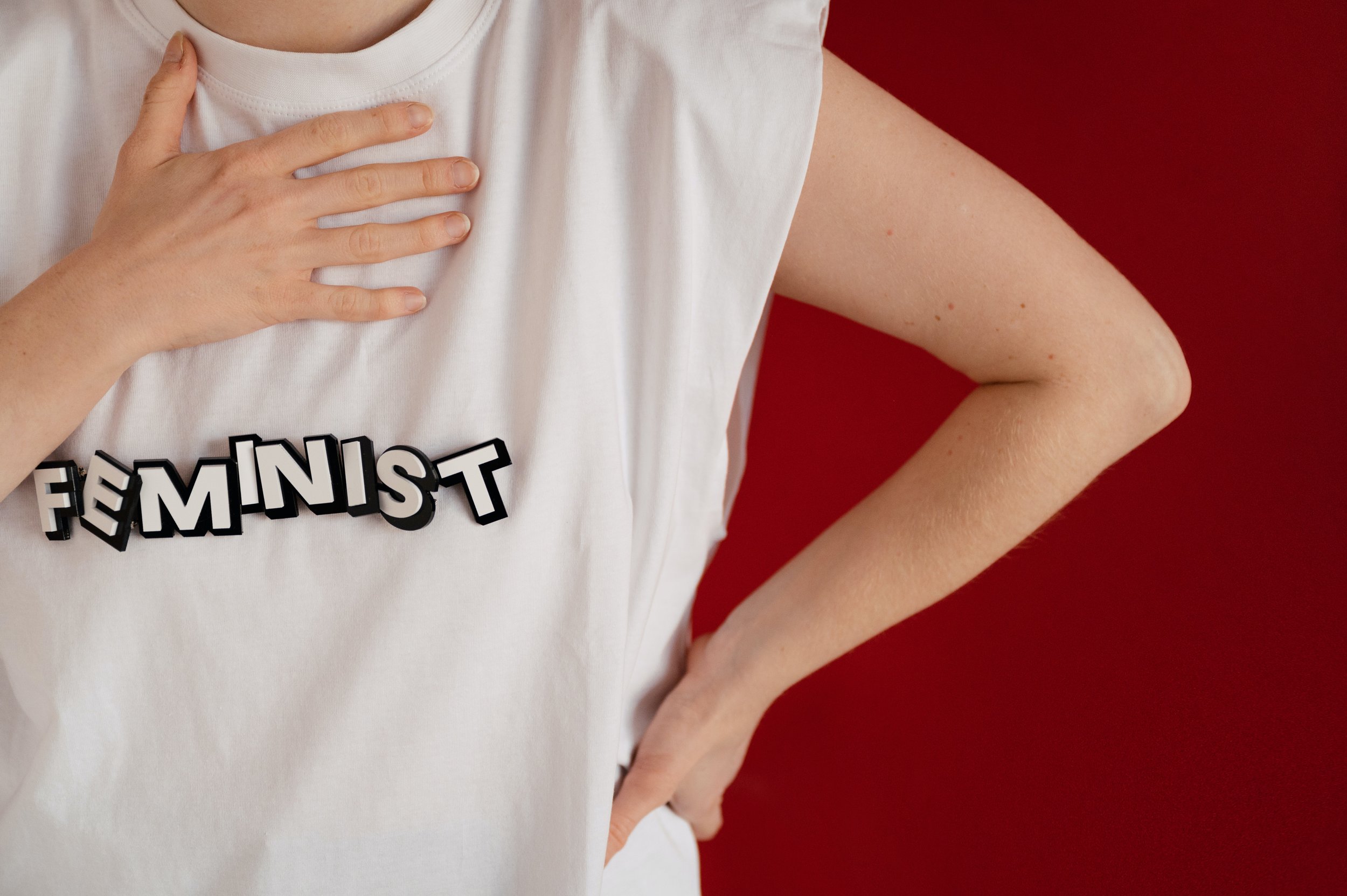The Problem with the “Wellness” Industry
Aesthetic medicine and concepts of wellness tend to go hand-in-hand, and that is something that I personally love. But more and more, it’s also something that I have seen as inherently dangerous as well - something that can breed pseudoscience, and where selling and marketing are prioritised over patient health. Take the some of the weight loss injections out there, which are diabetic medications marketed as something to magically make you skinny. This is a medication that carries a risk of pancreatitis with no evidence it leads to long-term, sustainable weight loss. I have seen some aesthetic clinics advertise prescribing it, which is problematic on multiple levels.
But what really sparked this article is that I was recently approached by a company to join their platform as one of their healthcare gurus. It was a company that makes products related to women’s health - treatments to ease pain associated with periods, menstrual cups etc. At first glance I thought, “Hmm, this could be interesting.” They have a big platform, and on the surface I loved their message and their reported goal of de-stigmatising conversations around women’s health issues. They wanted me to join as a medical professional and expert who could answer questions on their platform, and it seemed like a great opportunity. Normal women could write-in with queries related to women’s health, and I would answer them.
But I wanted to know a little bit more, and I began digging a bit deeper into the company, and immediately alarm bells started going off. The first thing I saw was that they market themselves as “all natural,” and that a goal is to try to reduce the number of chemicals that women are “forced” to put in their bodies. If you have ever seen me write about how ridiculous this marketing buzzword is in skincare, you know that I hate it. And “natural” is used everywhere, not only in skincare products.
Now I hate it for several reasons. First of all, it is completely disingenuous. All products you apply topically or ingest have to be processed for your safety. Everything in the universe is made of chemicals - including you. Including the “natural” products they are selling to you.
To say something is chemical-free shows either a basic lack of understanding of the simplest science, or (more likely) it’s a cheap sales trick. If what they mean to say is that their product is not synthesised, again any chemist knows we can synthesise everything in nature. Your cell receptors cannot tell the difference between a synthesised and non-synthesised molecule because there is no meaningful difference. And I will repeat - all products are processed for your safety.
The way that this was all framed is so inherently negative - that they are providing a safe alternative to “evil medications.” As if someone in pain who takes over-the-counter paracetamol when she’s having menstrual cramps has done something wrong. (BTW, paracetamol is a safe and effective treatment and much cheaper than what you’re selling).
There is also a tendency to make claims about traveling to the East, going to countries like India and China to source traditional practices and ingredients - as if these western companies are letting you in on some exotic secret they’ve gleaned from the mystic reaches of the other side of the world. Again, I hate this framing of “Eastern” versus “Western medicine.” I understand there is a social and historical context for medicine and medical practices (I’m currently doing a lot of research in the under-representation of skin of colour in dermatology, and it is partly due to the tradition of the way medicine has been practiced in this country.)
But science is science - something is evidence-based or not. There are gradients in the quality of evidence, and that’s where critical scientific appraisal comes in. But trust me, scientists across the world follow the same scientific method.
No one should dismiss a traditional practice or ingredient off-hand, but rather be genuinely curious about whether it really works, and in understanding the “why” behind it. That’s all science is.
This rhetoric that these companies have somehow discovered a secret that big pharma and greedy doctors don’t want you to know is is toxic and damaging. The issue is with this constant chipping away at professionals, at education, at research. Let me be clear - the messaging really dangerous and really unethical.
Is the COVID pandemic not the perfect example of this?
This is what fuels anti-vaxxers.
This is what spreads misinformation.
It’s a difficult balance to strike, especially for me as someone who is a big advocate of lifestyle medicine and who loves and cherishes my yoga practice. But I noticed early on that I was not your “typical yogi,” and that a lot of the things that seemed to go along with yoga (which actually had nothing to do yoga) were complete pseudoscientific nonsense. There is a brilliant article written by Cecile Guerin about the rise of conspiracy theories in yoga, and it is well worth a read.
Yes, when it comes to conspiracy theories and misinformation there are some toxic and willfully ignorant people out there who are more interested in pushing an agenda, in inflating their own self-importance, in bullying and belittling.
There are also a lot of people out there who genuinely want to do what’s best for themselves and their health, for their family’s health, for their children’s health. And they are constantly bombarded with all this conflicting information. And when certain information is marketed to them in all this slick, pretty packaging that is not transparent and not honest. It’s so hard to cut through all the noise.
And when doctors or scientists try to speak up, what they find is that they have been subtlety but very effectively undermined by this constant rhetoric. There is now this attitude that, “Yes, you have spent your whole life studying this topic, researching this topic, discussing and debating this topic, but guess what? I don’t believe you. I know better than you. Because I read some social media posts and watched some YouTube videos. I’m on to you now.”
It became clear to me that this company would happily partner with any “influencer” who would promote them (as most businesses are - of course.) But it seemed to me that their interest in me was purely in my medical degree to add legitimacy to their products, which ethically I won’t do.
And this is where the conflict, hypocrisy, and cognitive dissonance seems to come in. On the one hand there is a determination to try to undermine evidence-based and rational approaches, acting as if they are presenting an enlightened alternative. On the other hand, there is a use of medical professionals and pseudoscientific vocabulary to try and legitimise what they’re selling. (Goop is a prime example of this).
If they can find one healthcare professional that agrees with them (usually someone not in clinical practice or no longer even licensed and registered) this person will be paraded out with a flourish, despite the fact that 99.9% of health professionals and the overwhelming evidence don’t agree.
I think it is important to note that none of this has happened in a vacuum, and that there are areas in medicine that have been neglected or underfunded in the past. Women’s health is a prime example, and a statistic that was shared in March during Endometriosis Awareness Month is that the average time from symptoms to diagnosis was 7.5 years. That is a damning number and we need to do better.
But at the end of the day the answer is not spreading misinformation or contributing to this constant undermining of science and medicine. Most of the people who are doing this have an ax to grind or they are selling to you. It’s a difficult balance to strike, and it can be so hard to know what to believe. But always think about where you are getting your information, what the qualifications are of the people giving the information, and what their motivations might be.

















It shouldn’t be complicated or controversial to say that a medical specialty should be medical. Unfortunately, in this case, it sometimes is.
Aesthetic medicine is exactly that - a medical specialty. Unfortunately, lack of regulation in the UK has trivialised this specialty, and while it clearly is related to beauty, it is vitally important that it is understood to be completely distinct and separate from beauty. Medical aesthetics treatments are NOT beauty treatments.
Beauty treatments, make-up, fashion - these all follow trends that are influenced by place, time, and culture.
Medical treatments should not be based on trends.